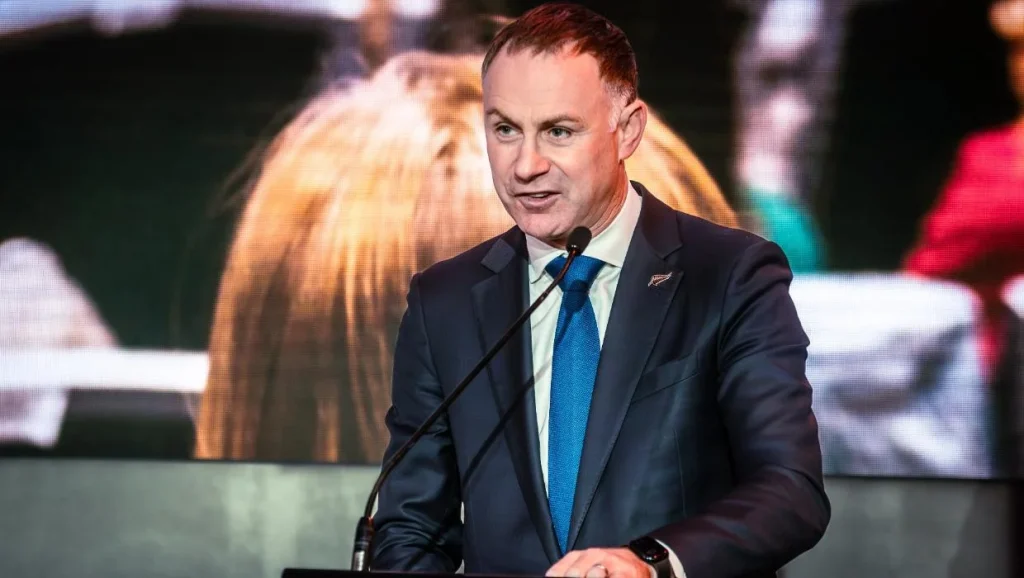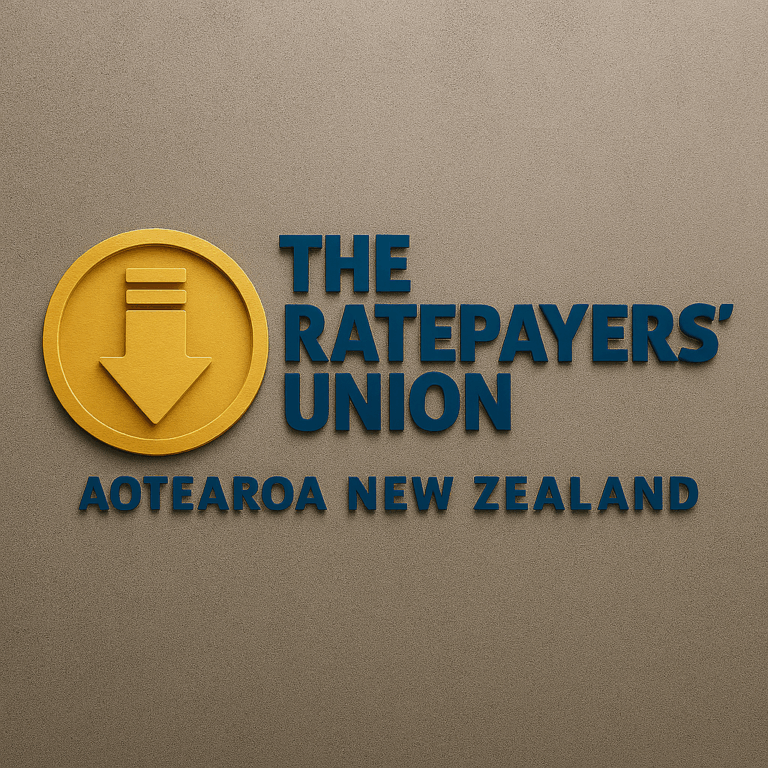
Source 19 June 2025 PDF
Local Government Minister Simon Watts is “working at pace” on a rates cap model, revealing to the The Post/Infrastructure NZ Local Government Forum there are concerns about the “degree of rate increases that we’re seeing”.
Watts was asked by The Post national affairs editor Andrea Vance if he had given any consideration into introducing a cap on rates or insisting rates stay at a certain level.
The Government was “proceeding with policy work in regards to rate capping, and I’ll be getting feedback from that probably in the fourth quarter of this year”, he said.
Watts said some people would say that “rates capping sounds like a sledgehammer on a nut”.
“Well, yeah, it is actually at one level, but fundamentally, in terms of resetting the situation, putting some guardrails in terms of where we are at, in terms of current state, and then in effect, allowing the system to move from that, that is something that we can central government can influence and do so.”
Watts said one size does not fit at all and they would be getting feedback on the policy work in the fourth quarter of this year.
“There’s different councils in different positions across the country, and it actually the case that some councils have signalled through their annual plans quite significant increases in rates and versus others, not.”
“As a broader position in that we do have concerns in terms of the degree of rate increases that we’re seeing.”
The idea of rates caps has not been supported by advocacy organisation Local Government New Zealand (LGNZ), which has said a similar policy in New South Wales had troubled the financial sustainability of councils.
Last year, then minister Simeon Brown said the Government would consider rates caps next year, and include this in legislation to be passed by the end of 2025.
Watts acknowledged New Zealand wasn’t the first to consider the move “and there is criticism out there that this is a challenge, particularly for high growth areas”.
“We’re taking on board all that feedback. But I think the reality is, is that when you talk to ratepayers and taxpayers, many of which are the same person in the coalface, they have concerns that their money is not being spent wisely.”
He said the design of a rates capping model would be allow cities and regions “which are growing to do so without that being a constraining factor”.
Watts was working at pace on policy design but had not taken it through Cabinet.
Greater Wellington Regional Council chairperson Daran Ponter said rate capping was an issue “for all of us” ‒ councils and communities.
“You’ve got to be really careful what you ask for in this environment if rates capping, for example, led to a situation where you only had a 3% rates increase, but your public transport inflation was far higher than that, what it ultimately would mean is that you provided less public transport services.”
He said that may be a fair outcome of a rates capping system, but it needed to be clear that that could be one of the consequences.
